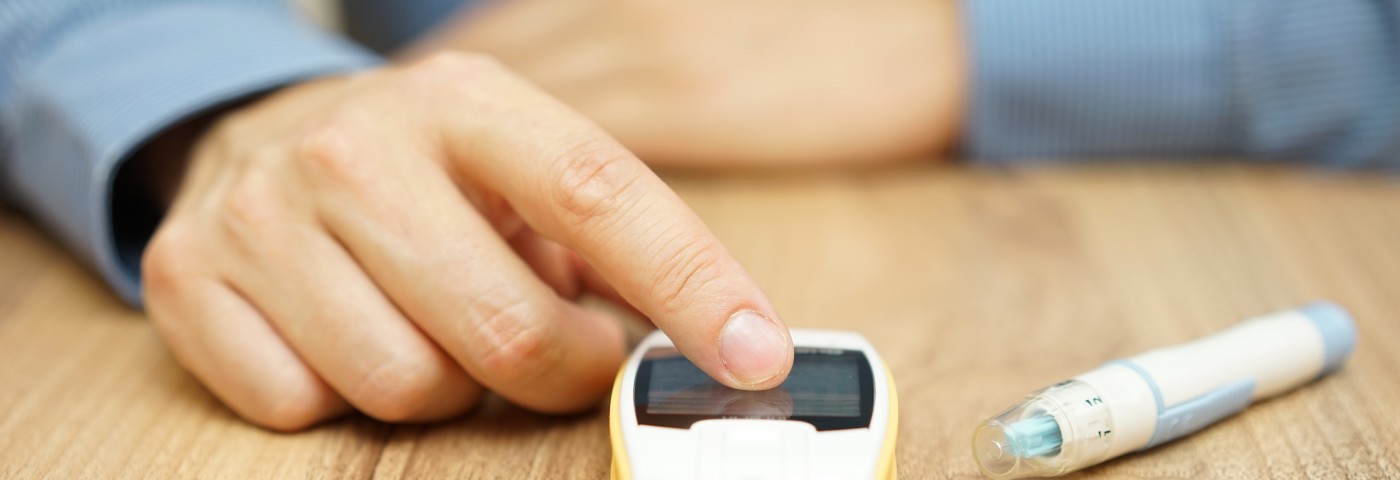A clinical trial led by researchers at the UT Southwestern Medical Center revealed that IDegLira, a combination treatment with a new long-acting insulin, and liraglutide, a glucagon-like peptide 1 (GLP-1) receptor agonist, improves glucose control and is associated with weight loss in patients with type 2 diabetes.
“Many patients who are on an oral agent and basal insulin are unfortunately not at goal glycemia. Treatment options for such patients are to either increase the basal insulin dose or to add additional shots of insulin at mealtimes. The downside of both of these approaches is weight gain and hypoglycemia (low blood sugar),” Dr. Ildiko Lingvay, associate professor of internal medicine and clinical sciences at UT Southwestern, said in a press release.
The international multi-center Phase 3 clinical trial enrolled 557 participants with uncontrolled type 2 diabetes. All patients were taking oral metformin and basal insulin glargine at the time of enrollment, and stayed on the oral medication throughout the study.
The participants were divided into two groups: one continuing only with the insulin glargine, and one switching to IDegLira. The drug, which is a mixture of insulin degludec – the longest-acting insulin available – and liraglutide, was administered through daily injections. Liraglutide stimulates pancreatic cells to produce insulin. Doses of both insulin glargine and IDegLira were sequentially increased to bring the patient’s glucose levels under control. For the participants in the IDegLira group, there was, however, a restriction in how much the dose could be increased because of limits on liraglutide dosage. Glucose control was assessed in both groups.
According to the results, published in the Journal of the American Medical Association (JAMA), patients under IDegLira treatment reached a good blood glucose level faster. The IDegLira participants dropped on average from 8.4 to 6.6 HbA1C level (a measure of the average blood glucose), while the HbA1C levels of patients on insulin glargine dropped from 8.2 to 7.1.
The study, “Effect of Insulin Glargine Up-titration vs Insulin Degludec/Liraglutide on Glycated Hemoglobin Levels in Patients With Uncontrolled Type 2 Diabetes, The DUAL V Randomized Clinical Trial,“ also showed that the patients on IDegLira lost about three pounds on average, compared with a mean weight gain of
almost four pounds in the glargine participants. Only 6.1 percent of the participants on IDegLira had confirmed episodes of nighttime hypoglycemia, compared with 24.4 percent of the patients in the glargine group.
“The advantage of the combination product is that the treatment burden is the same as taking a basal insulin – one shot a day – but you are getting an additional product that works through a different mechanism and addresses different pathophysiologic defects of the disease. The liraglutide affects satiety and induces weight loss while also stimulating insulin secretion. The combination product addresses more underlying abnormalities present in this disease,” Lingvay said.


